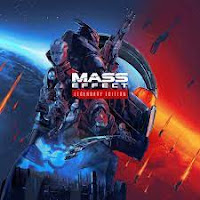From a certain angle, J.G. Ballard can be said to formulaic. He loved to take a handful of characters, throw them into an unfamiliar situation, and see the psychological reactions. The Crystal World, The Drowned World, The Drought, and others all see this scenario play out, only the settings changed. Hello, America (1981) does the same, but adds a thick layer of commentary on American culture.
Offering the reader a 2114, post-apocalyptic USA as its setting, Hello, America features a group of Europeans returning to what was once America to explore its remains. Consumerism and poor environmental practices leading to the desertification of the country, dunes now cover North America. Empty, the population emigrated back to its ethnicities’ native lands in Europe. The mission of the exploration group is to determine if anything of value has arisen since the ecological disaster. They land in Boston and set about reconnoitering the east coast before heading out on a long, overland journey to the west coast. Surprises popping up, the group fights to survive while the remains of America show how they have evolved—or not.








